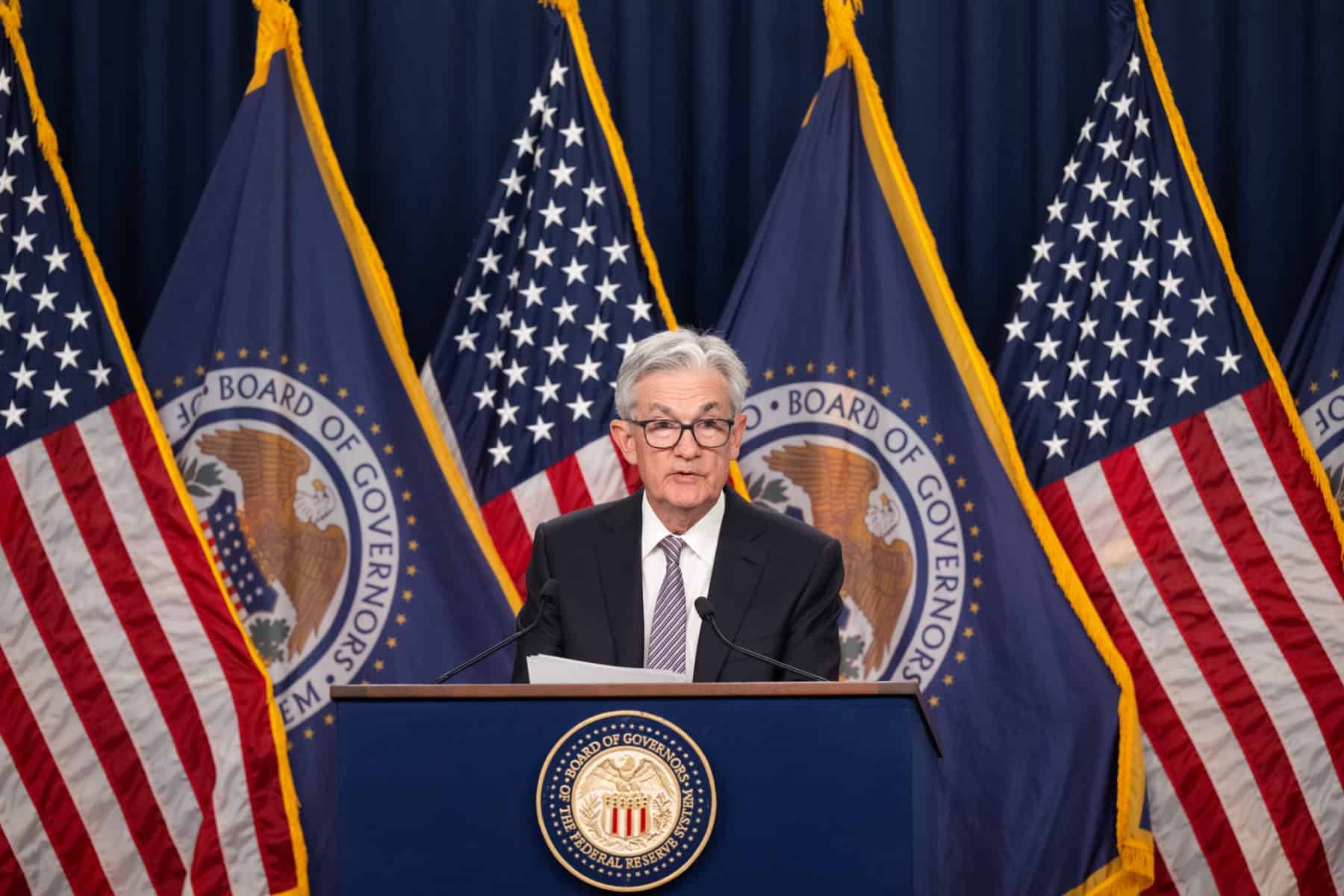LONDON — The US Consumer Price Index report due today (May 10, 2013) is expected to show that progress in slowing down US inflation has stalled. The Bureau of Labor Statistics is likely to report higher prices for core goods, driven by rising vehicle prices, which will counteract the cooling effect in other sectors.
Meanwhile, the labor market remains robust, with employers adding 253,000 jobs in April. These factors are likely to prompt the Federal Reserve to continue raising rates at its next meeting in June, despite having raised them last week for the tenth time in 14 months to a range of 5 to 5.25 percent, the highest since 2006.
However, the Fed should resist the temptation to raise rates further. Rate hikes are a blunt instrument that could hurt parts of the economy that are already slowing.
The US inflation has been decreasing since it peaked at 9.1 percent in June 2022, but it remains elevated. We expect the headline CPI to come in at an annual rate of 5 percent for April, unchanged from March.
There are three reasons why the Fed should not raise rates further. First, the US financial system is still fragile, and more bank failures could occur, leading to a drop in lending and tightening credit conditions for households and businesses.
Second, the effects of rate hikes take a long time to filter through the economy, and third, the bond market is suggesting a possible recession.
Investors will scrutinize the data for clues on the Fed’s future interest rate policy. The central bank should avoid repeating the mistakes of the past and focus on supporting the economy.
Nigel Green is deVere Group Chief Executive Officer.
The opinions expressed are those of the author and may not reflect the editorial policy or an official position held by TRENDS.








